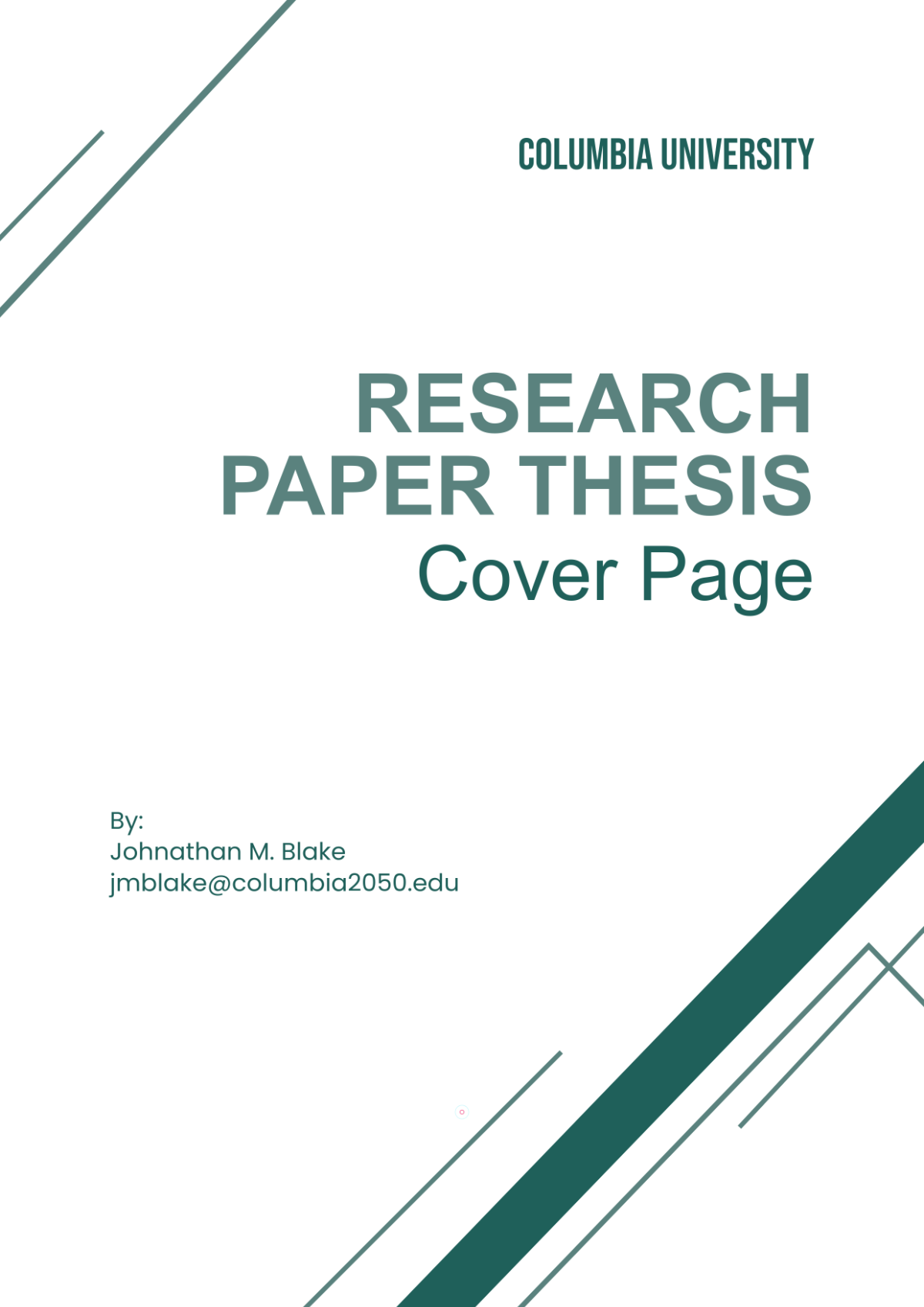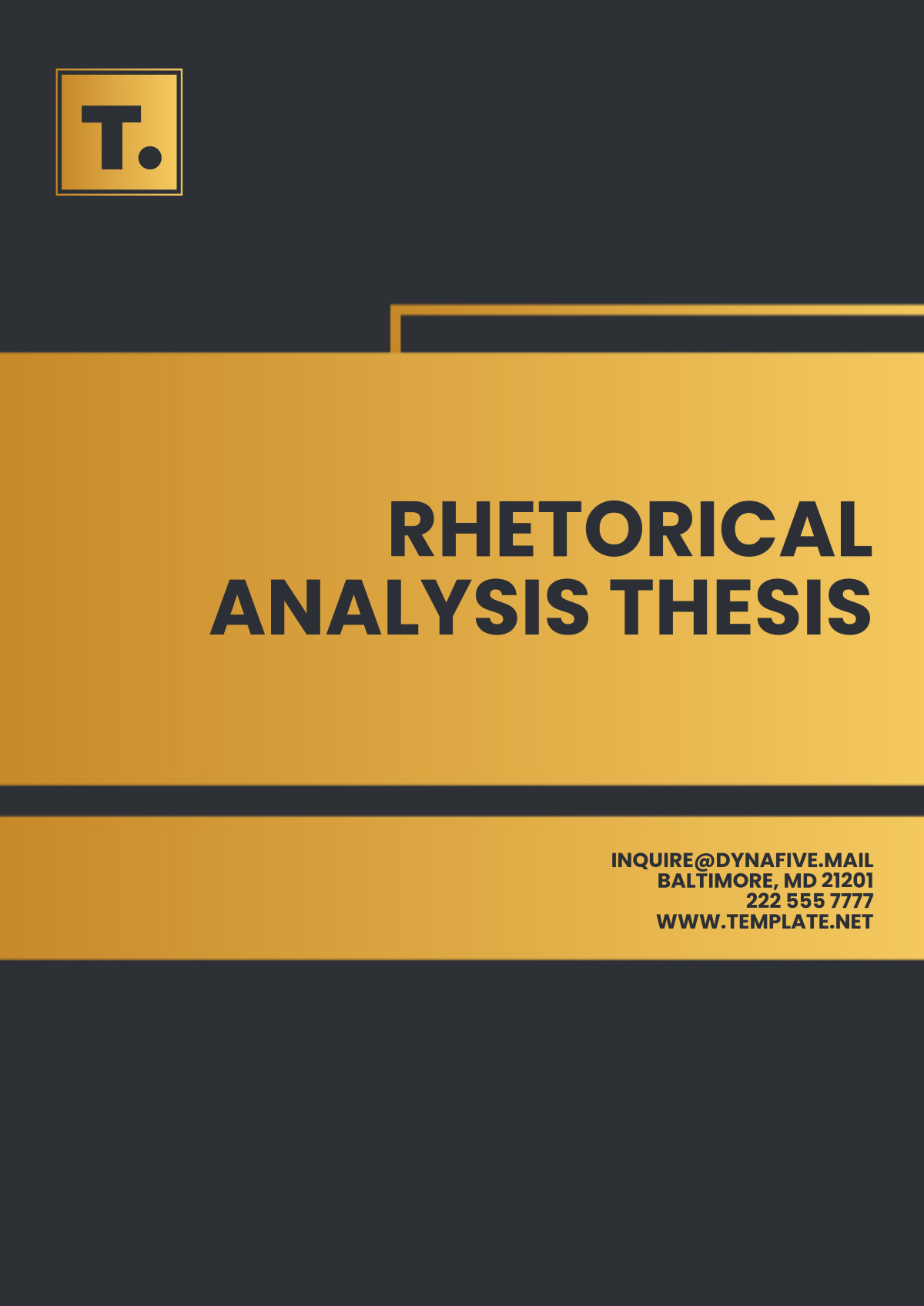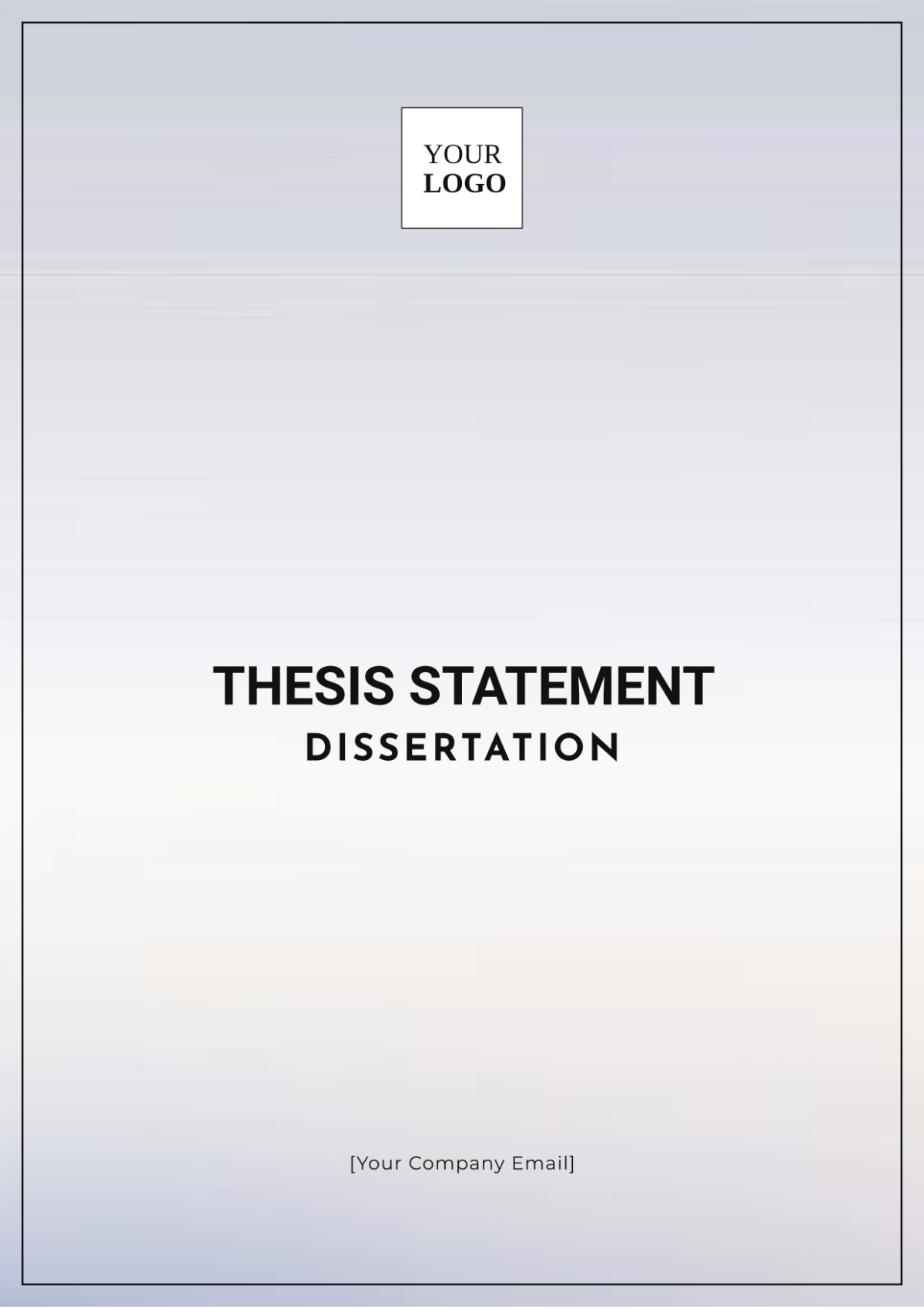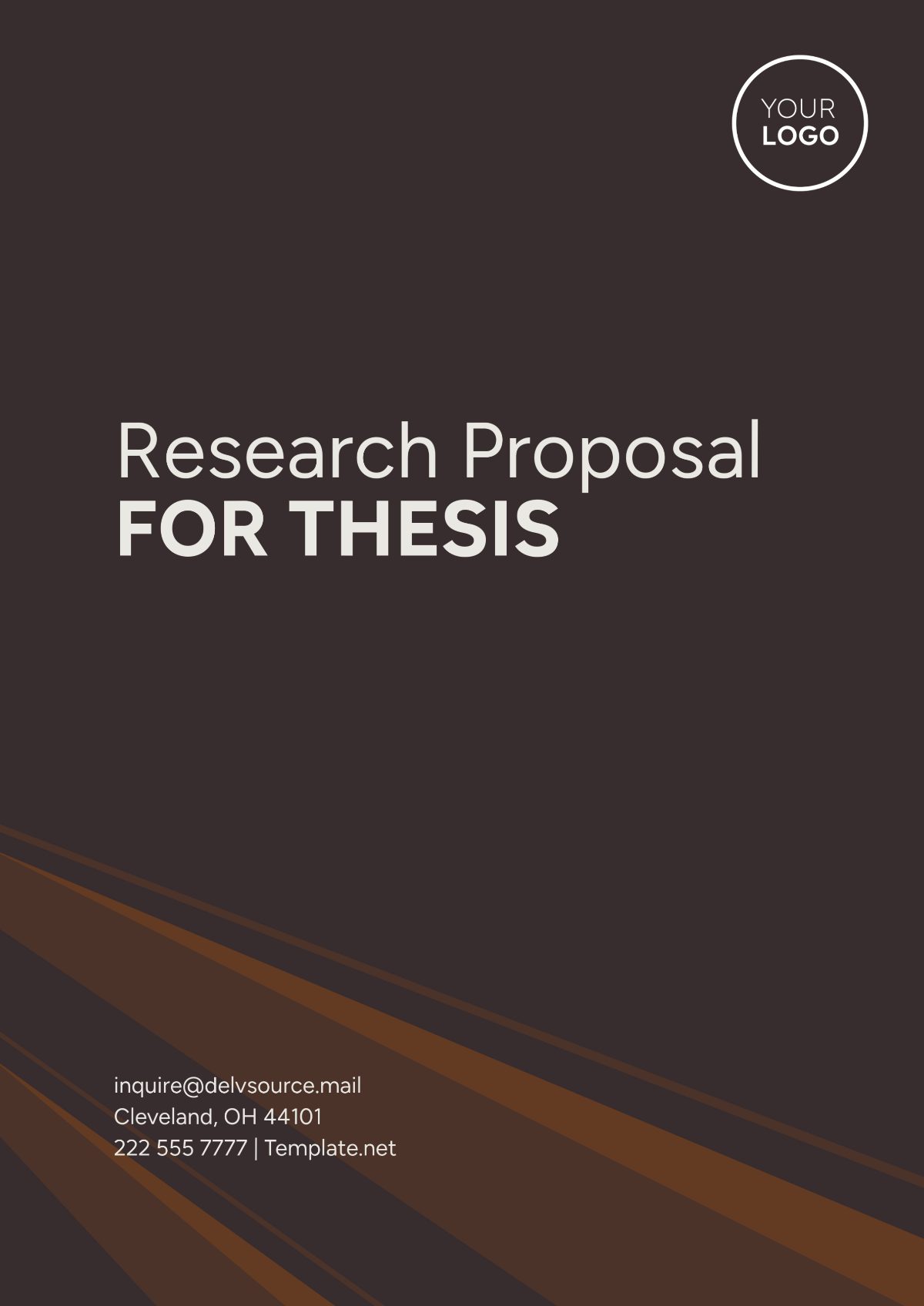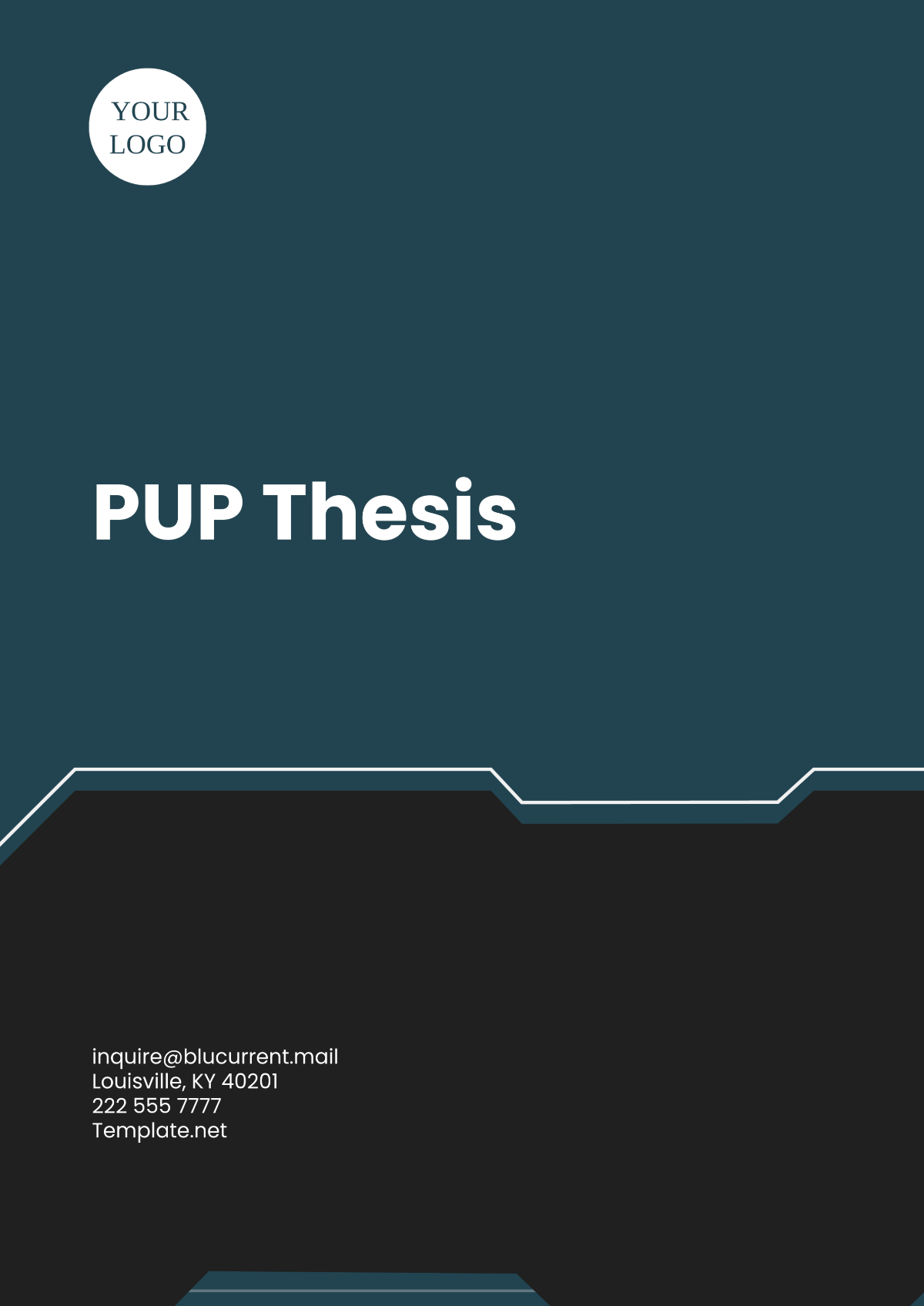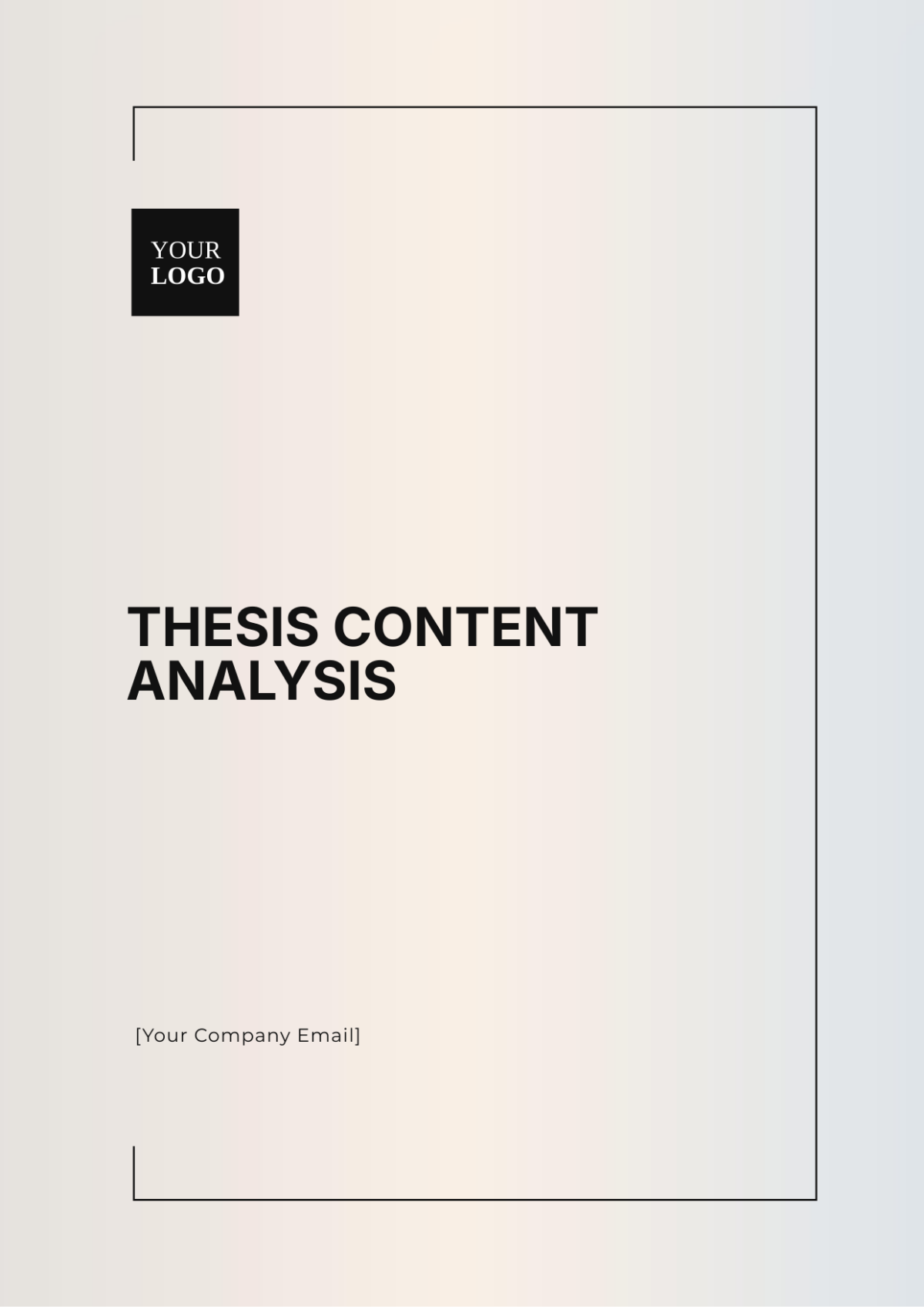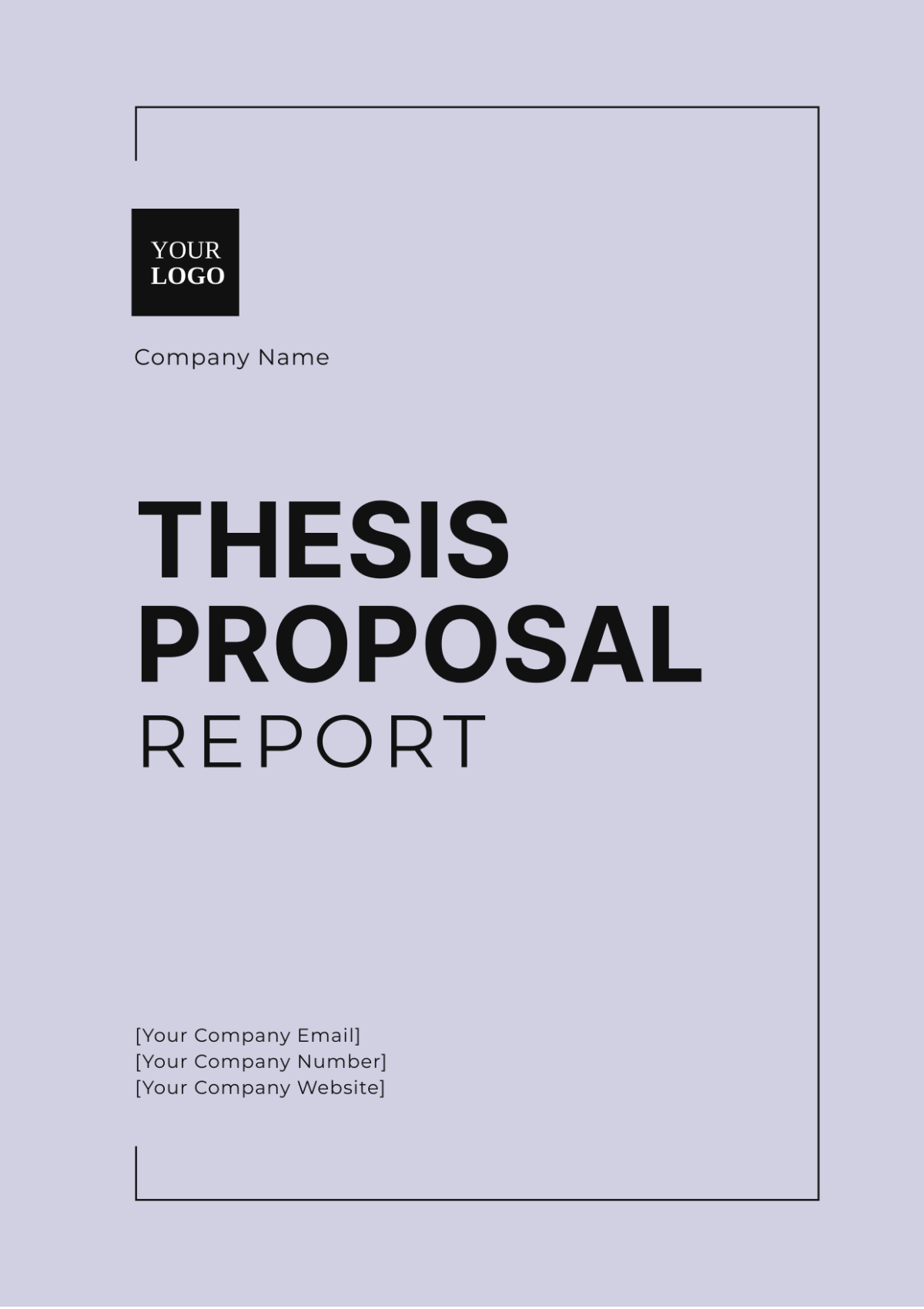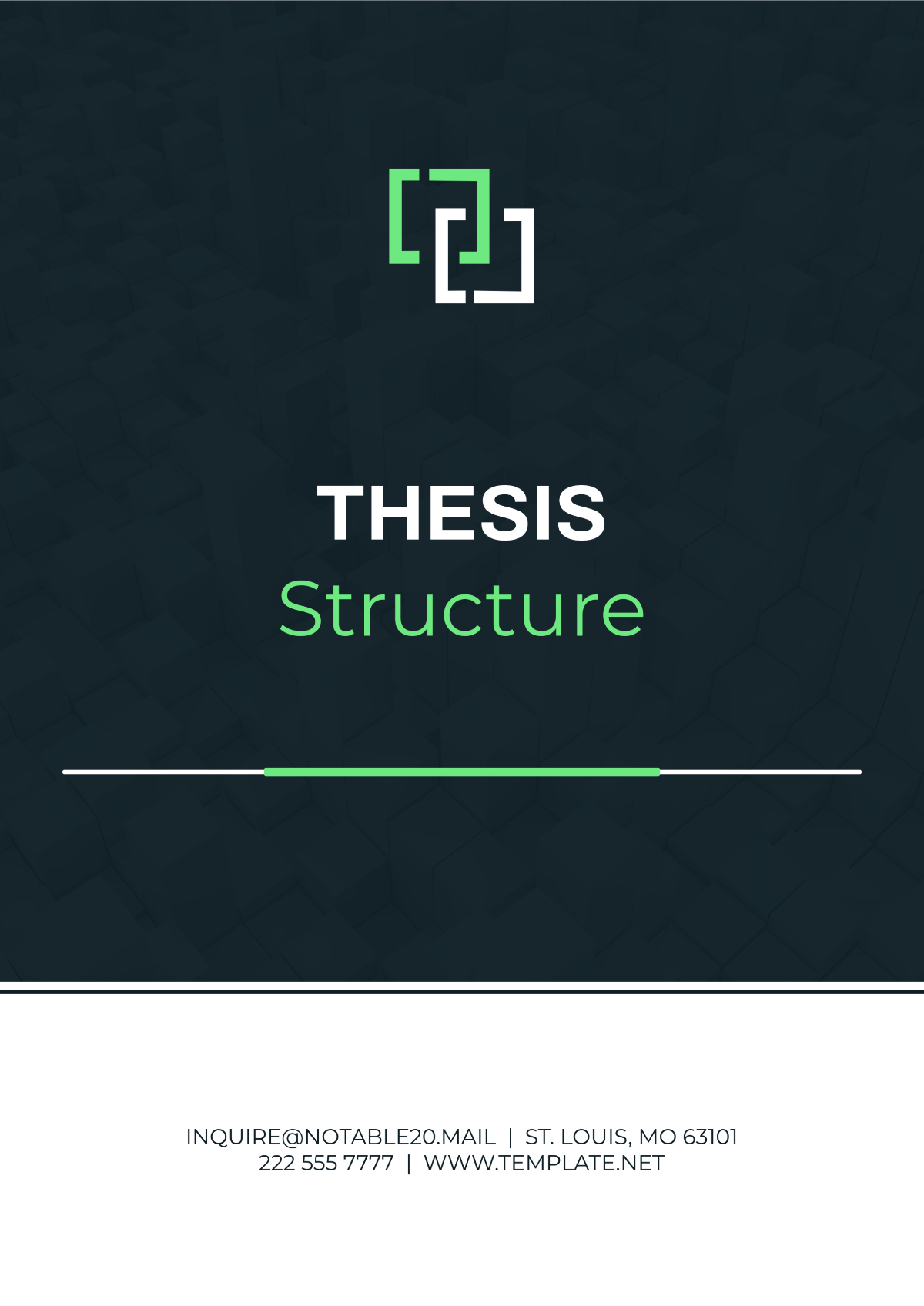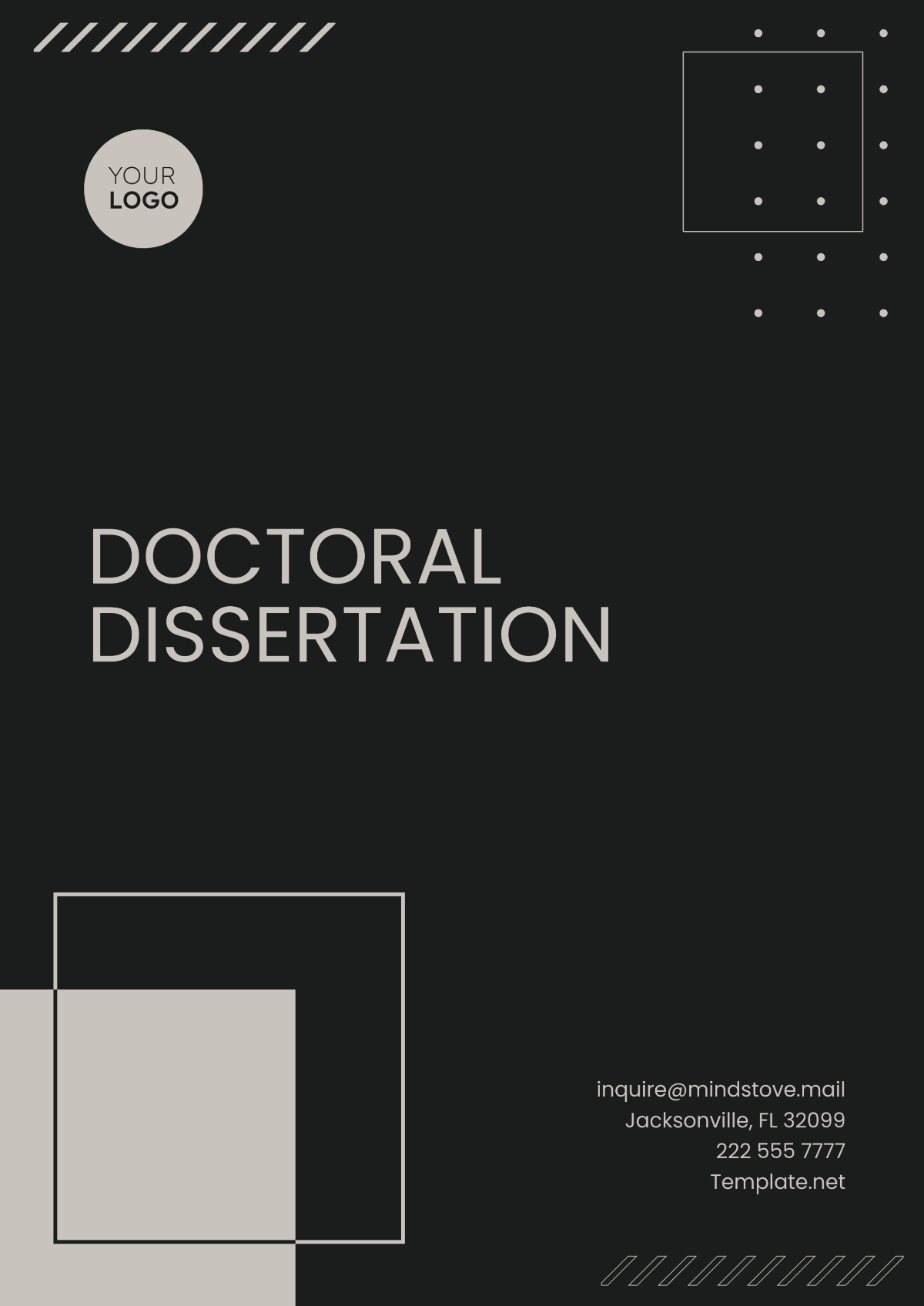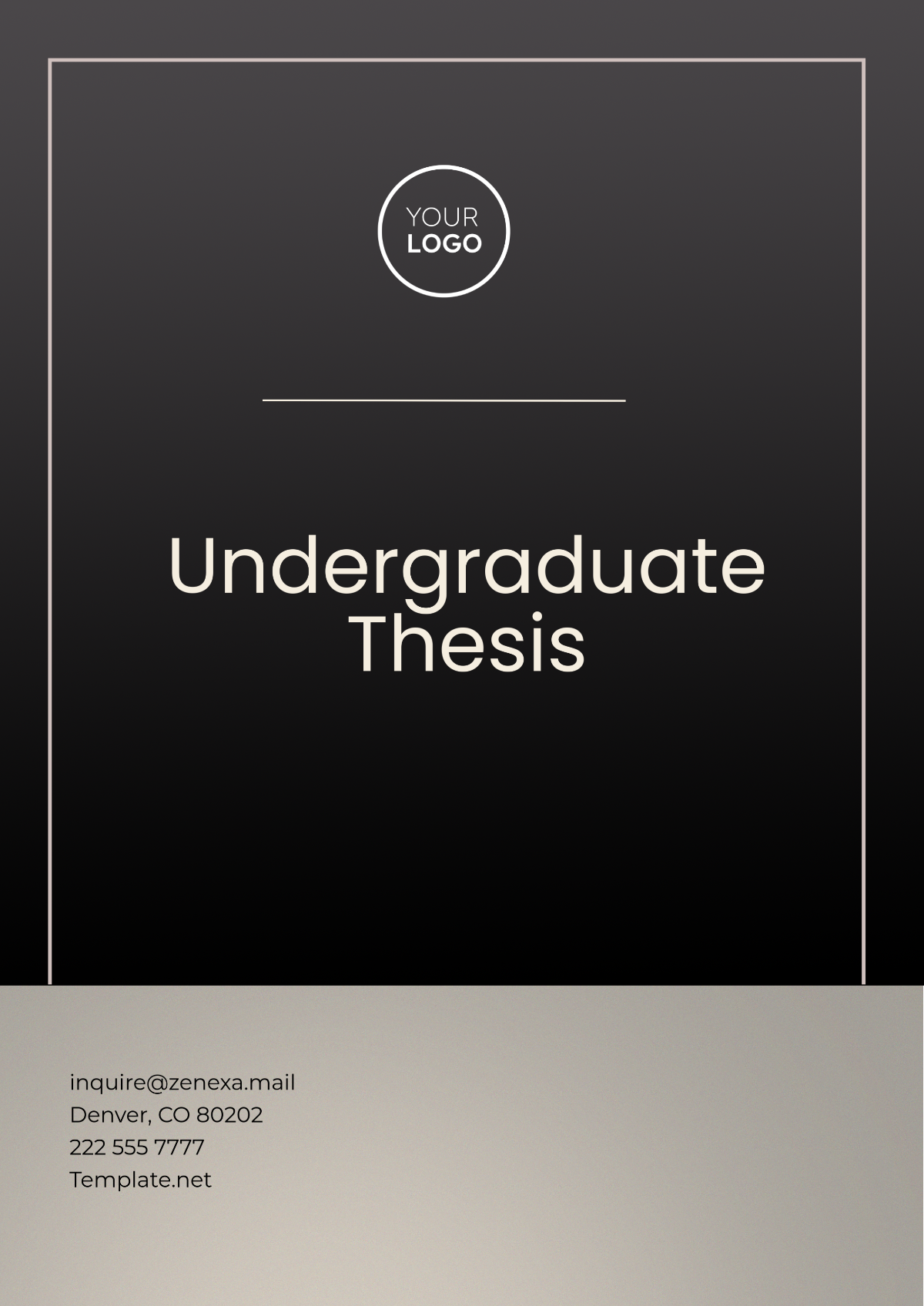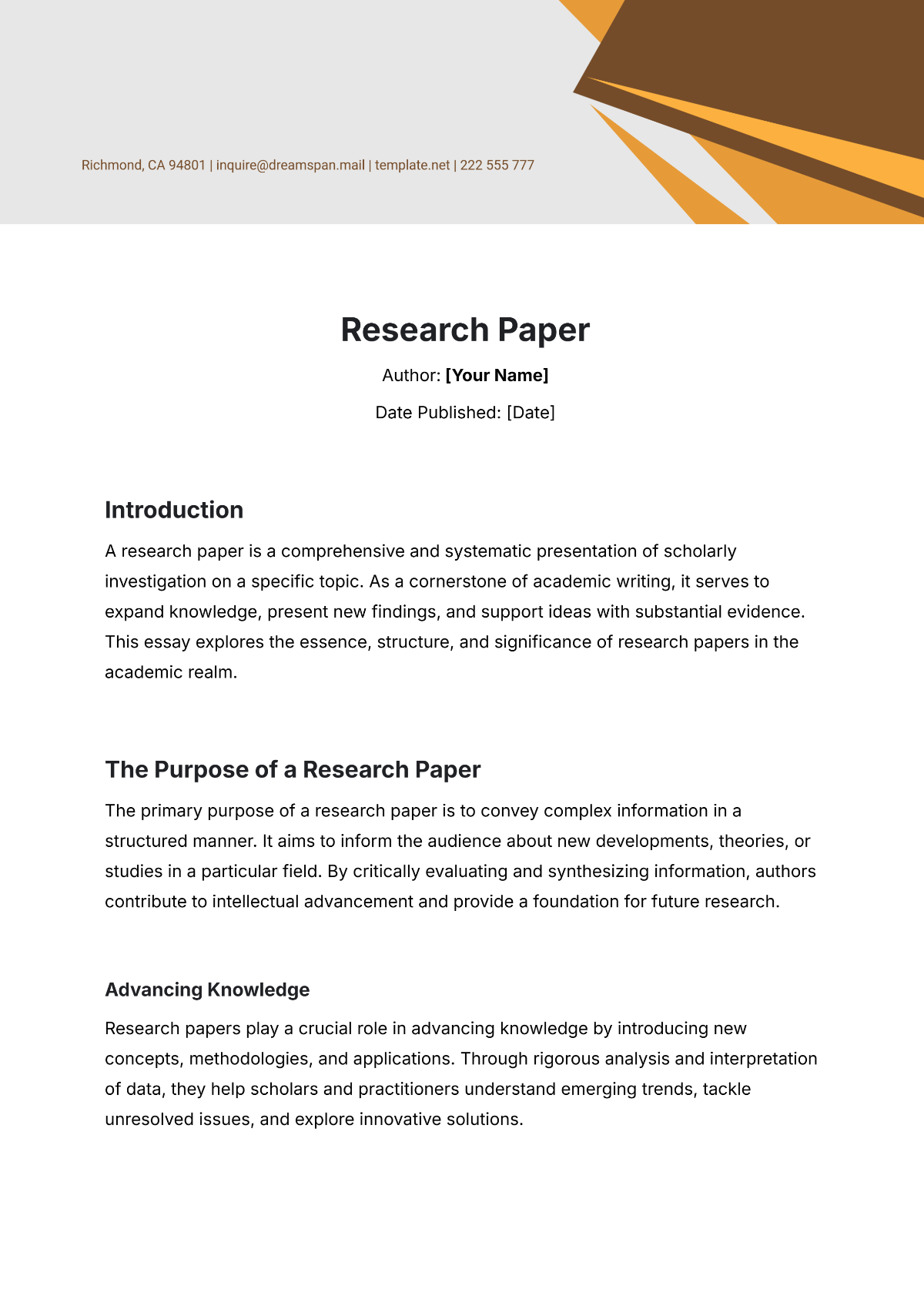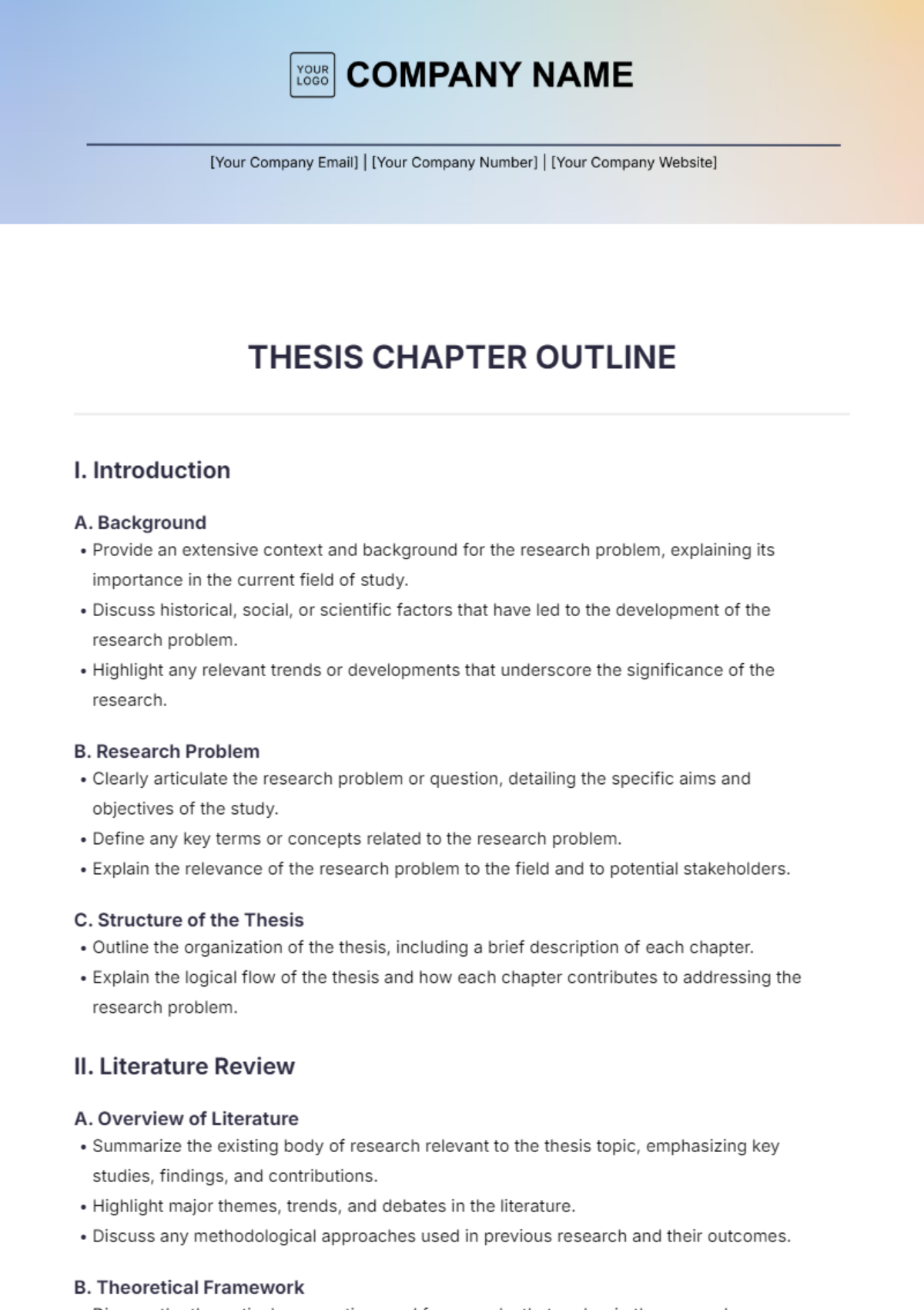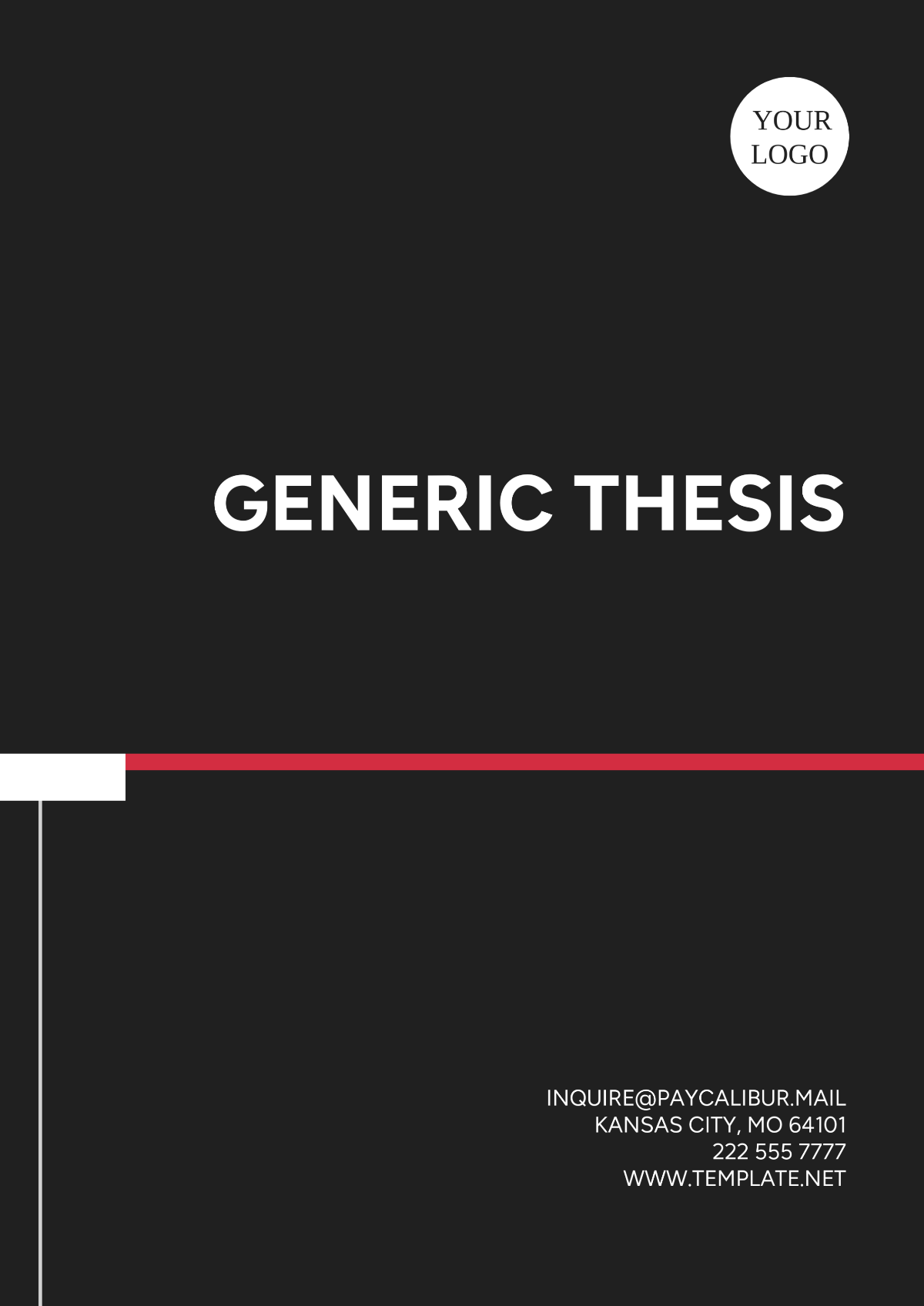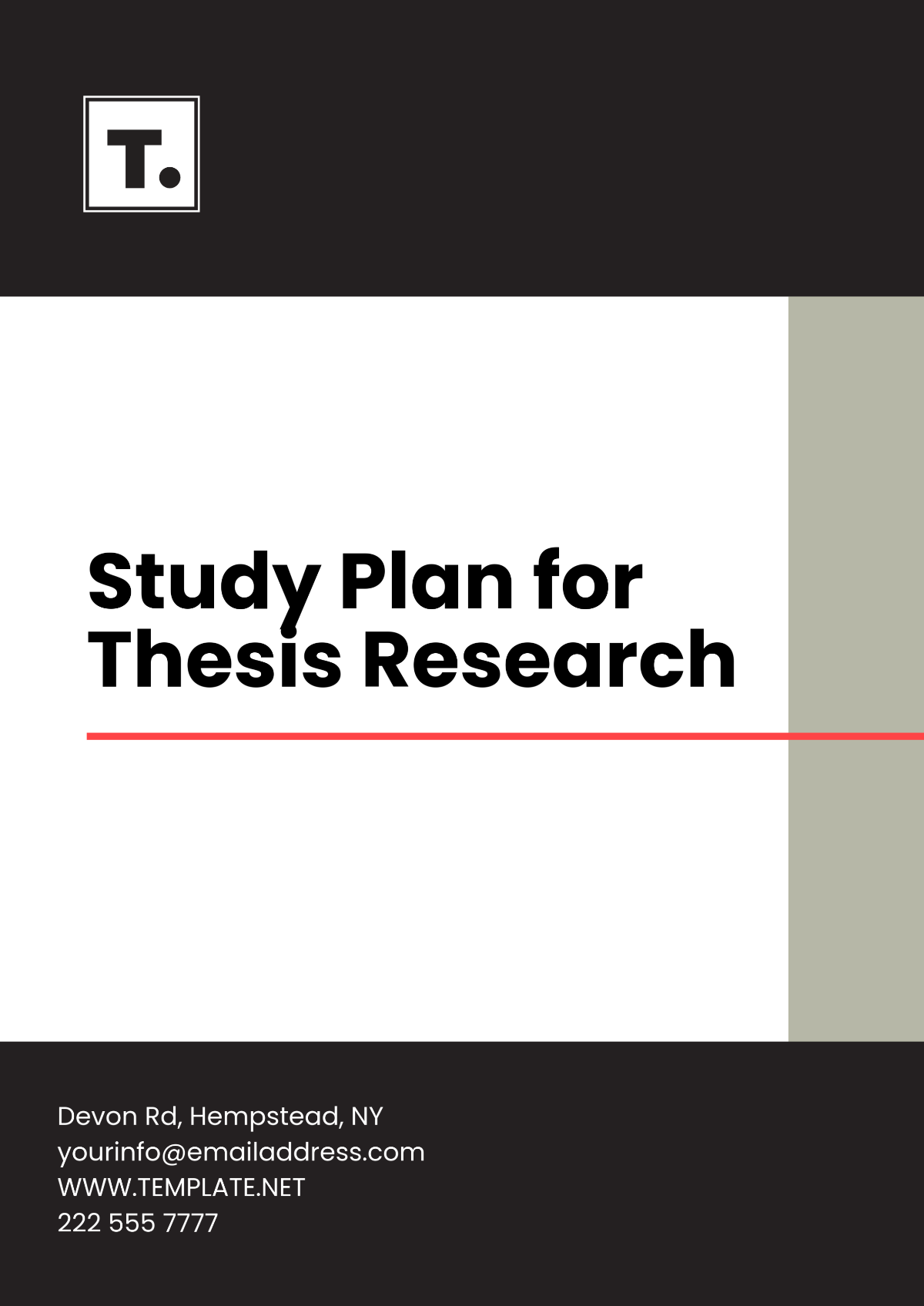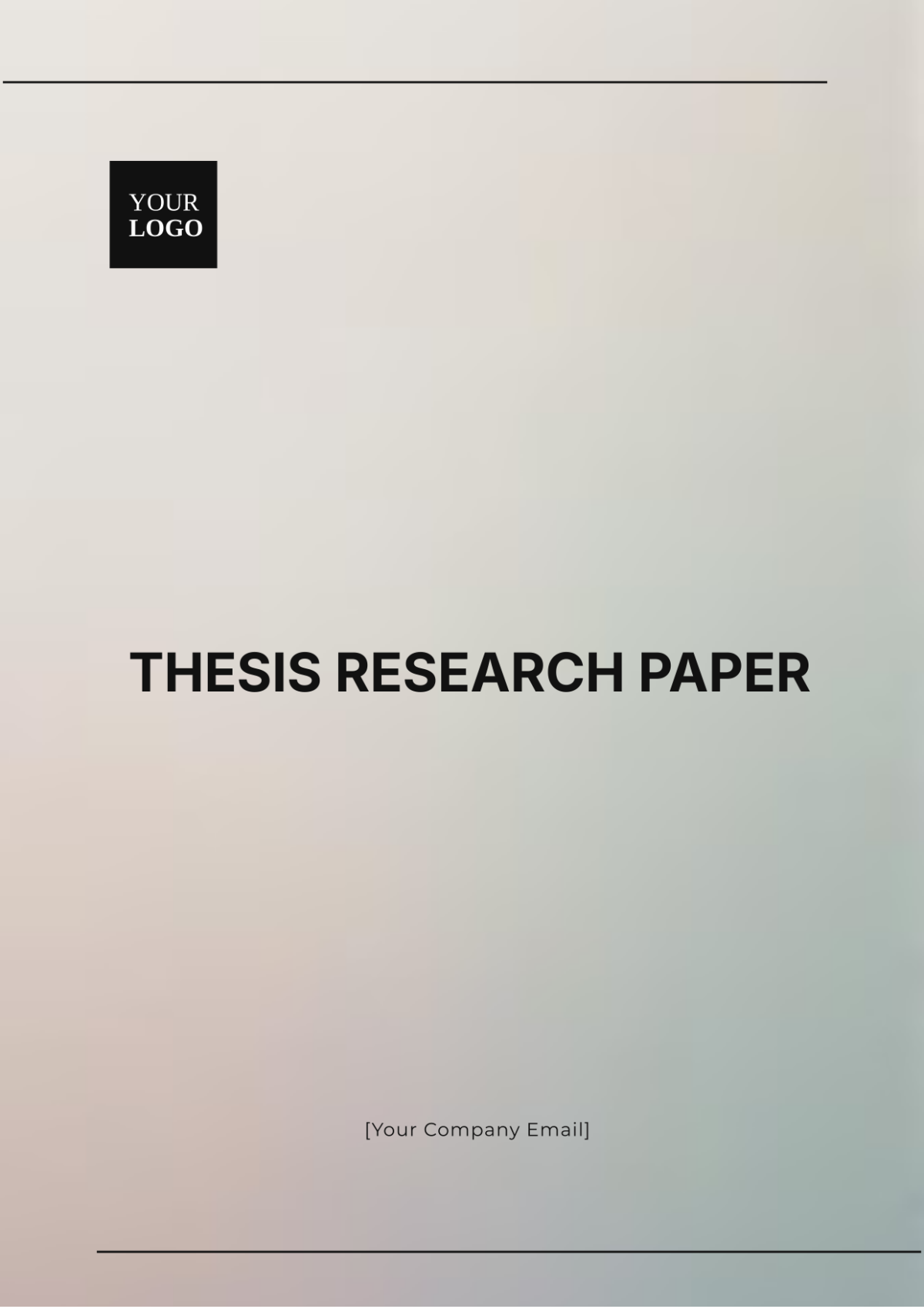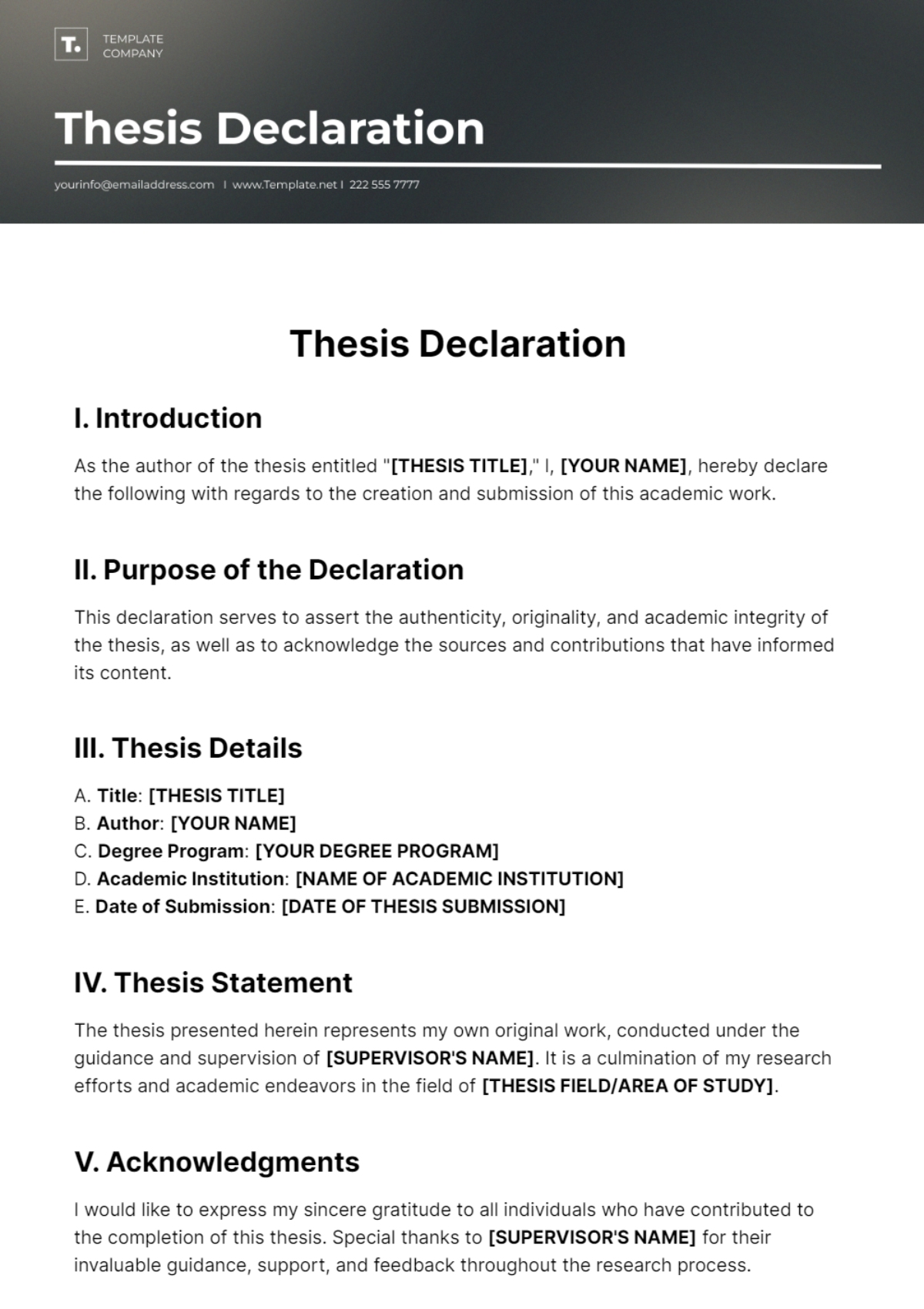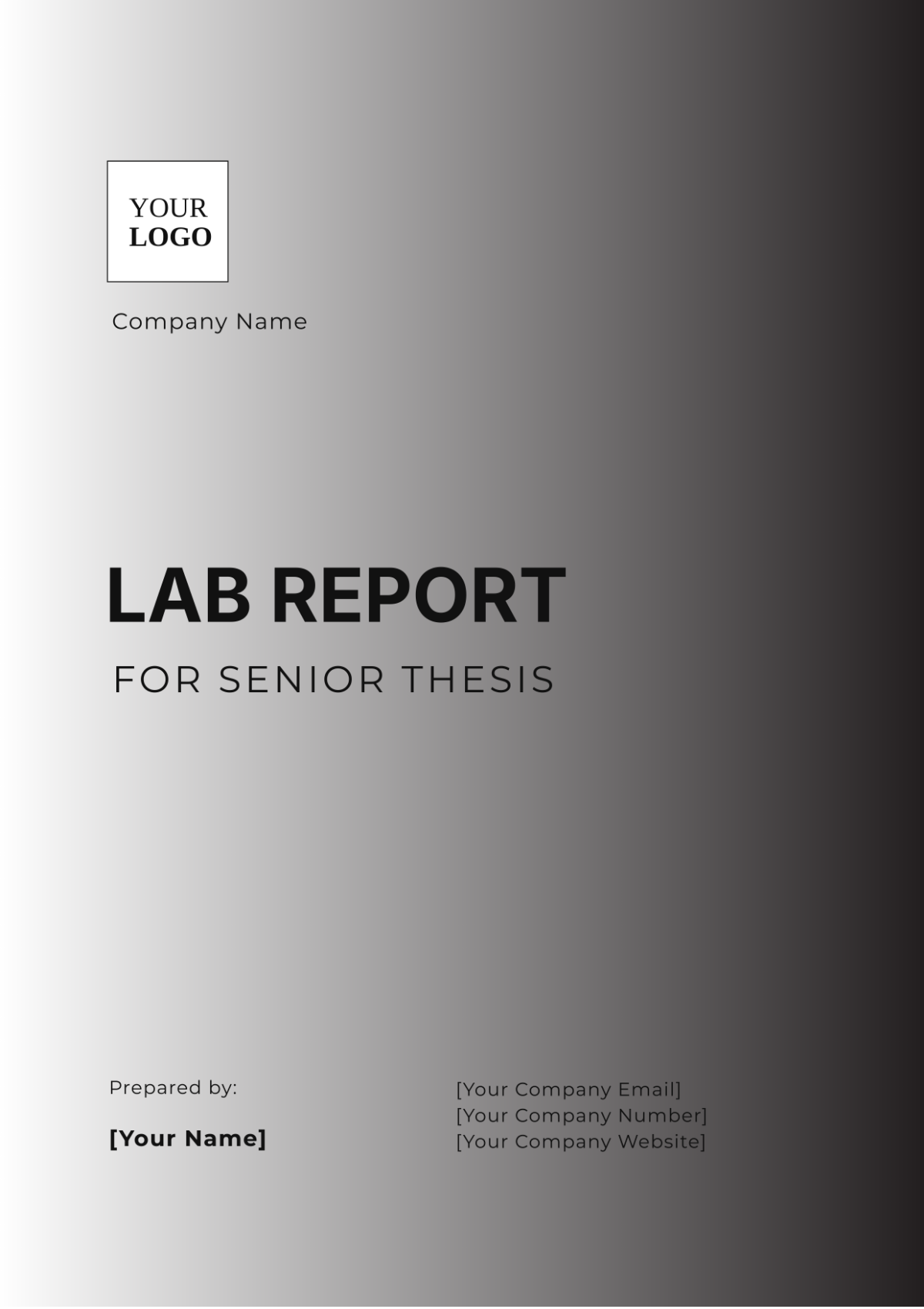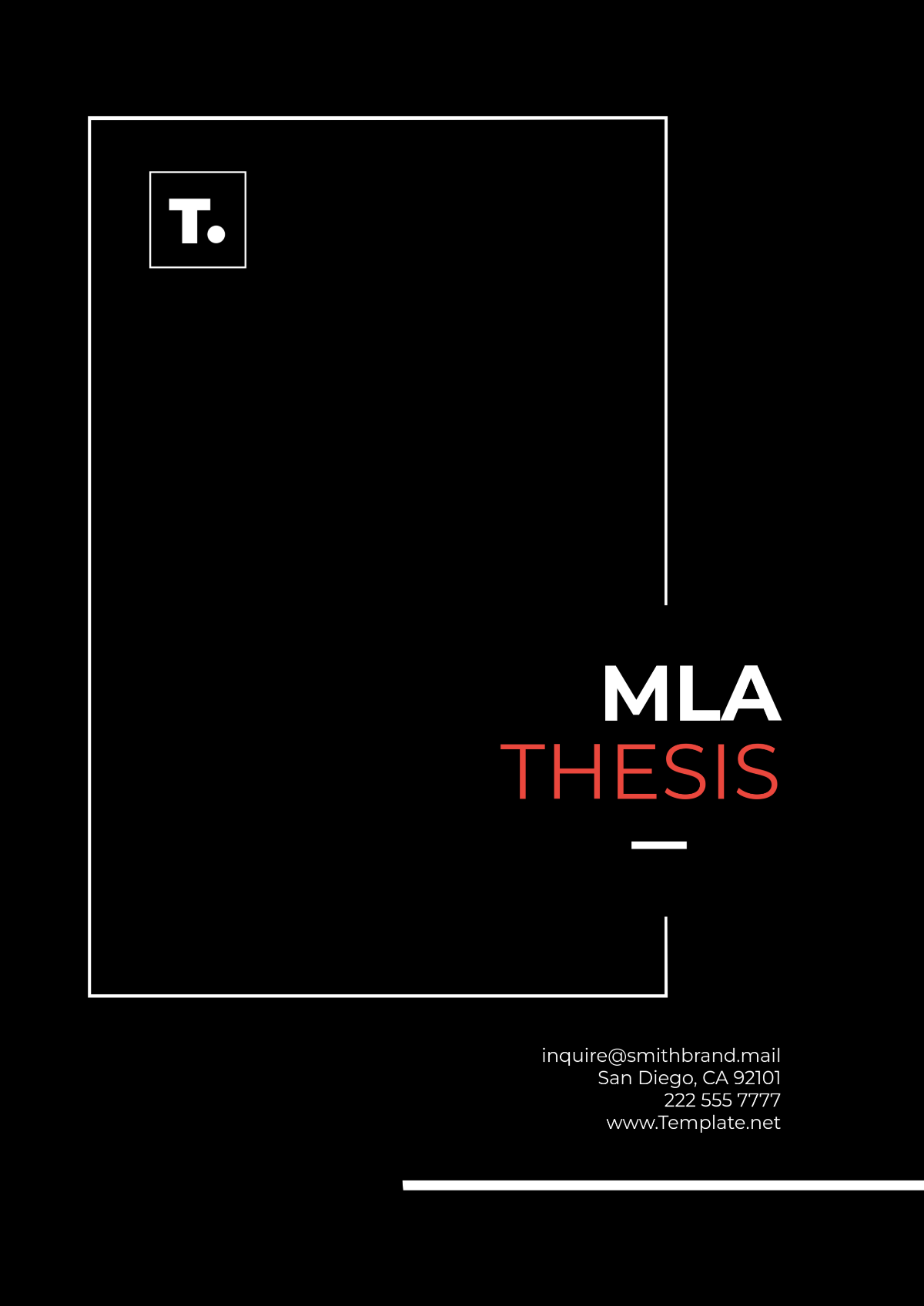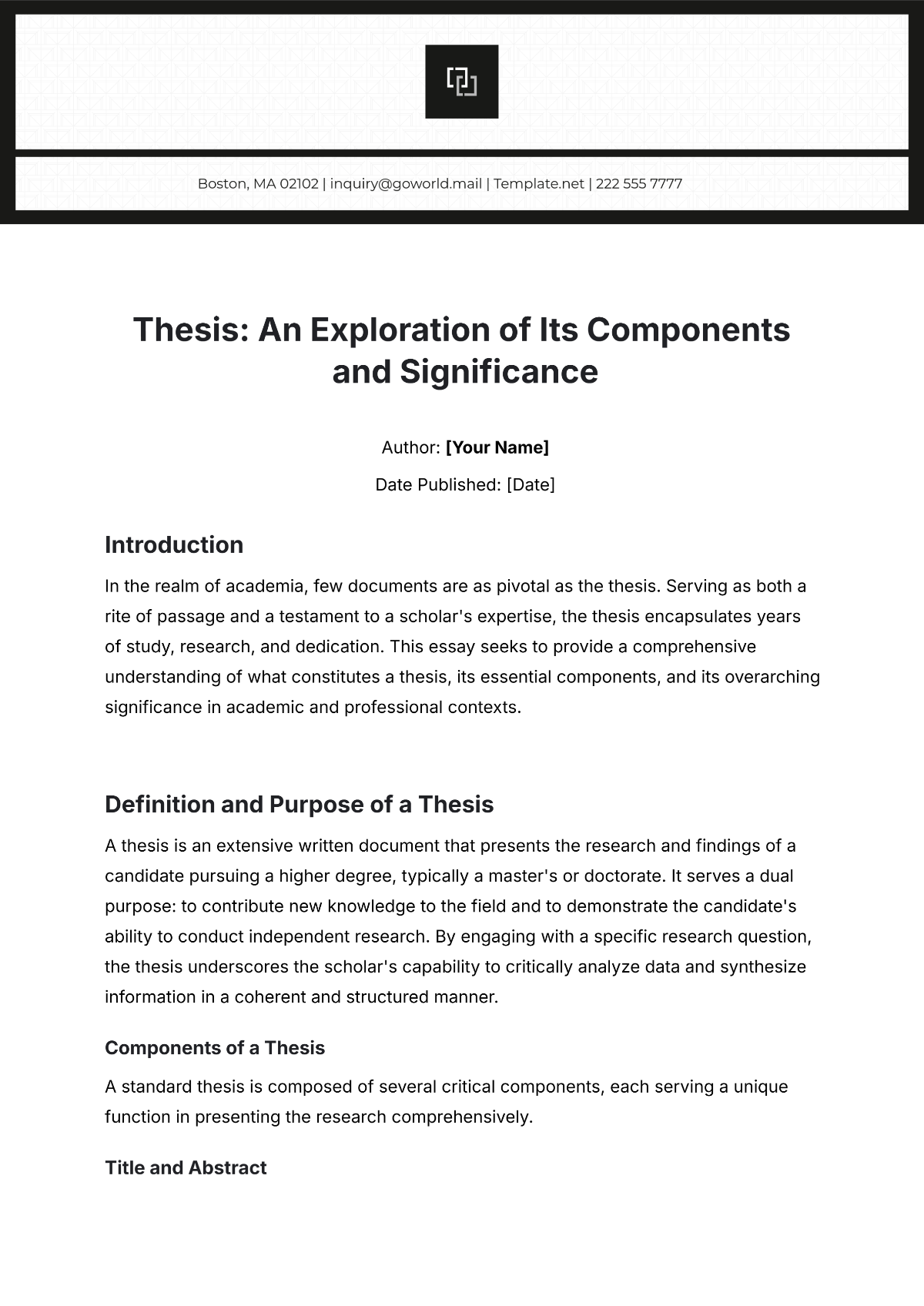PhD Thesis
I. Introduction
The purpose of this PhD thesis is to explore innovative methods in the field of Data Science and their practical applications in modern industries. This research aims to address the gaps in the current literature regarding machine learning algorithms used for predictive analytics in healthcare. The findings will provide a new framework for improving predictive models in clinical decision-making.
II. Contribution to Knowledge
In this section, the thesis presents new insights and original findings on predictive analytics using machine learning algorithms in healthcare. Previous studies have primarily focused on theoretical applications of machine learning, but practical implementations remain underexplored, particularly in predicting patient outcomes.
Through rigorous analysis, this thesis introduces a hybrid algorithm combining deep learning and decision trees, which offers a more accurate model for predicting patient readmissions in hospitals. The model was tested on data collected from WinGroup Hospital, yielding a 10% improvement in prediction accuracy compared to traditional methods.
These findings pave the way for future research in developing hybrid machine-learning models for various healthcare applications.
III. Academic Evaluation
The primary objective of this section is to evaluate the impact of the research on the field of data science and healthcare. This evaluation process involves assessing the methodologies, data, and conclusions presented within the thesis. A panel of expert examiners, including Dr. Sigmund Corwin, Dr. Jolie Cassin, and Dr. Trace Durgan, will review the work based on the following criteria:
Criterion | Evaluation Method | Result |
|---|---|---|
Originality | Analysis of research novelty | Pass |
Methodological Rigor | Review of research design | Pass |
Contribution to Knowledge | Impact assessment in the field | High |
Data Quality | Statistical analysis review | Strong |
The evaluation will be conducted on March 15, 2050 and is expected to result in a thorough analysis of the thesis' merits.
IV. Professional Career Advancement
The completion of this PhD thesis is an essential milestone for advancing a career in data science and healthcare analytics. By addressing the issue of predictive modeling in healthcare, this research establishes [YOUR NAME] as a thought leader in the field, opening doors to academic appointments at Harvard University and consultancy roles with leading healthcare organizations like ZenExa Health.
Additionally, the thesis provides valuable evidence of expertise that can be used in securing research funding for further work on healthcare AI applications.
V. Publication and Dissemination
The findings of this thesis are intended for publication in top-tier academic journals, such as Journal of Healthcare Data Science, International Journal of Medical Informatics, and IEEE Transactions on Neural Networks and Learning Systems, with the goal of reaching a broad academic audience. These publications are expected to promote the research to a wider audience and stimulate scholarly debate.
The following table outlines the planned dissemination timeline for publications:
Journal Name | Submission Date | Expected Publication Date |
|---|---|---|
Journal of Healthcare Data Science | June 1, 2050 | December 15, 2050 |
International Journal of Medical Informatics | September 10, 2050 | February 5, 2051 |
IEEE Transactions on Neural Networks and Learning Systems | December 1, 2050 | May 20, 2051 |
This timeline ensures that the work will be widely disseminated and recognized within the academic community.
VI. Policy and Practical Application
The research presented in this thesis has implications for practical applications, particularly in the healthcare industry. By introducing a hybrid machine learning model for predictive analytics, this thesis aims to influence healthcare policymakers and hospital administrators to adopt advanced data-driven decision-making systems.
For example, the model demonstrated in this research could improve patient care by predicting readmission risks more accurately, ultimately reducing hospital readmissions and healthcare costs. This solution is expected to be adopted by major healthcare providers starting in 2025.
VII. Personal Development
The journey of completing a PhD thesis has been a transformative experience, helping [YOUR NAME] to develop a deep understanding of machine learning techniques in healthcare. The research process has honed skills in critical thinking, data analysis, and academic writing, laying a solid foundation for future scholarly endeavors.
Moreover, the thesis process has contributed to the development of effective communication skills, both in written and oral formats, particularly in presenting complex ideas to diverse audiences. These skills will continue to support career progression in academic, research, and professional settings.
VIII. Conclusion
This PhD thesis presents valuable contributions to data science and healthcare analytics, offering new insights into predictive modeling. By addressing critical gaps in existing research and proposing practical solutions, it provides a foundation for future scholarly work and industry advancements. The outcomes of this research will serve as a stepping stone for both academic and professional growth, positively influencing healthcare practices worldwide in the coming years.
Prepared by: [YOUR NAME]
[YOUR EMAIL]

